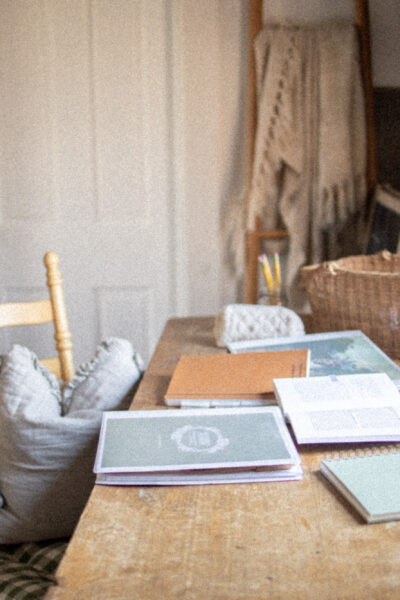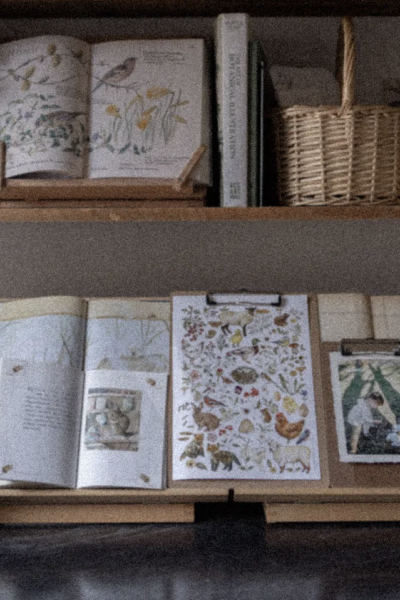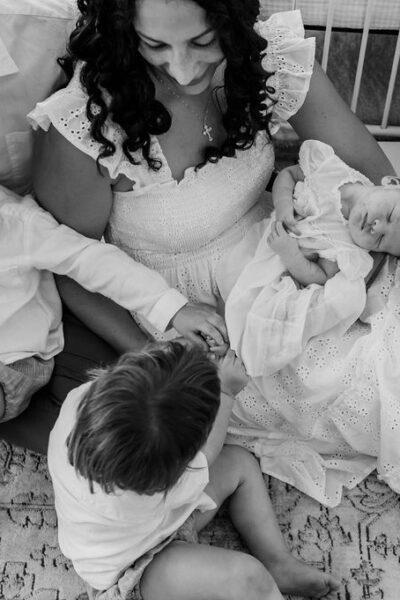The best people possess a feeling for beauty, the courage to take risks, the discipline to tell the truth, the capacity for sacrifice. Ironically, these virtues make them vulnerable; they are often wounded, sometimes destroyed. -Ernest Hemingway
“What has been, that will be; what has been done, that will be done. Nothing is new under the sun!” – Ecclesiastes 1:9
Two longtime friends sent me a tip that Mariah Carey would be on Meghan Markle’s new podcast, Archetypes (Thank you Lindsey, Thank you Jay). It’s a beautiful end of summer afternoon with brilliantly blues skies and a heavenly breeze, so I’m listening.
Since beginning a social media fast for the two weeks leading up to Seth’s and my wedding blessing in our Catholic parish, I’ve found myself returning to other forms of media I had long forgotten or didn’t realize I loved: like reading, yes blogging, and podcasts.
Hearing these two women, who share bits and pieces of commonality with me, have conversation found me nodding along, enjoying the parts where Mariah sang, and of course, the nineties nostalgia, a particular penchant of mine.
There was also a deep well of recognized sadness around their experiences of racism as black, biracial women. Women, like me.
Mariah’s early albums captured my elementary years, I desperately wanted to emulate the way she danced after watching her on MTV. Her butterfly album straddled my middle school summers of seventh and eighth grade, narrating my child to woman transformation. I hoped I’d grow up to look like her. In high school I brought a photo of Mariah to a stylist and asked her to dye my dark hair to match Mariah’s tresses. She even dyed my brows, too, and for many years people assumed it was my natural color. Classmates told me it made my skin look golden, like I had a perpetual tan all year round. Even in spite of this transformation, there was a beauty to Mariah that I found reachable. Mariah was the first celebrity I felt a personal kinship to, and it’s true that she and I share many similarities: one black and one white parent, growing up a child of divorce, experiencing otherness in northern largely progressive communities, whirlwind romance, artistic ability, and a little bit of sparkling magic in finding success (although on a much smaller scale for me).
The quote below my senior portrait in my yearbook read:
Spread your wings and prepare to fly
For you have become a butterfly
From the song, Butterfly, of course.
But back to the podcast. As Meghan and Mariah continued discussing the word “diva” and the evolution of that term I heard this:
Public visibility and wealth and power require them (in this case, Divas) to be taken down.
This line from the episode stopped me and felt familiar to a challenging trial I’ve been wrestling with for the past few years since marrying Seth. I am not one to weather change well, something I had suspected but just recently learned. There’s no denying my massive (and public because social media) life changes have been difficult, and I’ve had many ungraceful moments.
The pieces I’m still trying to understand, I’ve come to believe are this: the realities of my own uncharitable decisions and immature habits I’ve worked hard to overcome exist parallel with the complications of a social leap that for someone like me, is highly unusual in this community. All set against the backdrop of a political crisis and global pandemic. Perhaps this is why I often have a recurring dream of moving into the humble homes of my past: college housing, first apartments. The years and places where Mariah’s music granted me hope and the possibility to dream of something more. I couldn’t sing like her but landing a magazine staff photographer position at a local lifestyle publication felt in my own small Minneapolis way akin to Mariah meeting Tommy, and finding in him both promotion and abuse.
The quiet part I have just begun to speak out loud is this: some are wrapped up in an idea of tragedy attached to biracial women, and are suspicious of their successes. They, me, must possess moralistic failings or have done something “bad” to achieve “good.” Their/my blessings cannot be simply bestowed by a God. They must be sinisterly conjured. A perfect example of this for me is my love of beautiful children’s clothing. The criticism is usually a judgement along the lines of this: I am making my children an aesthetic and therefor some sort of terrible mother. It’s an unkind position. What I think we’re wanting to talk about is the way in which we feel safest when we can catalogue people: you with this quality and this kind of housing and vocabulary and life, me with this kind. Otherness as an adult has felt more akin to this for me and the real tragedy is it disregards anyone’s humanity.
A few days after the podcast I stumbled upon an article about a book that someone had written about Meghan. It was highly unfavorable. While Mariah is someone, I feel like I know, Meghan is still new to me. With three small children I don’t pay much attention to celebrities who origin stories aren’t recent. I have no idea if Meghan is troubled or a role model or neither or both. I suppose it’s a little bit like any of us, like me, too.


